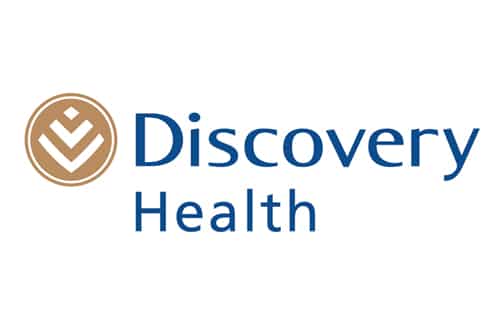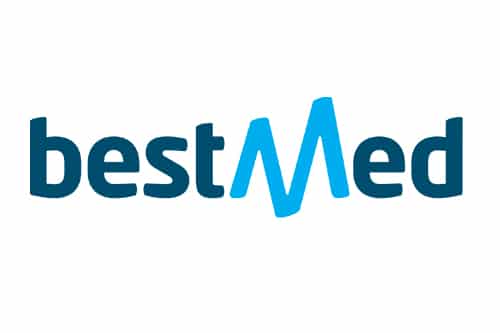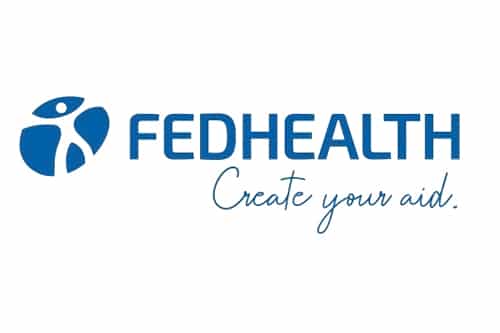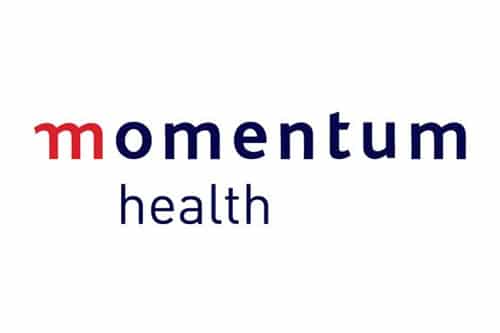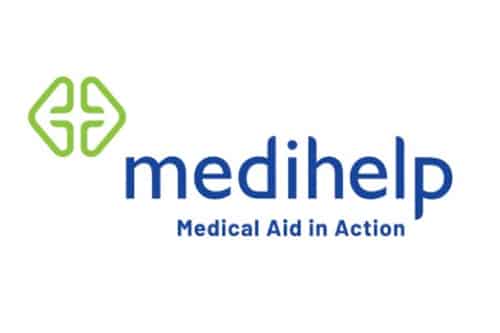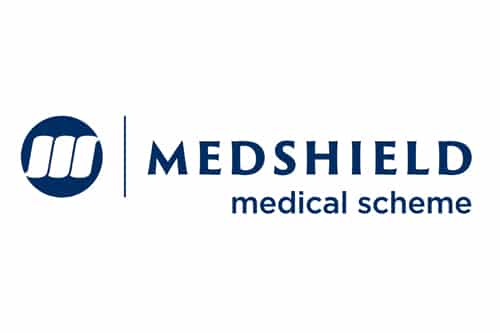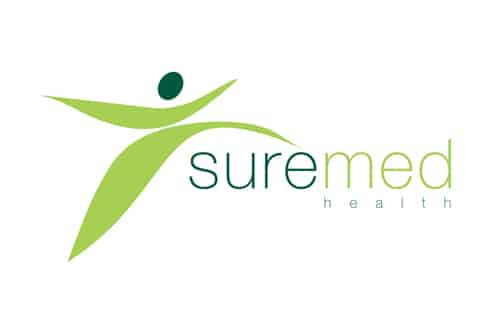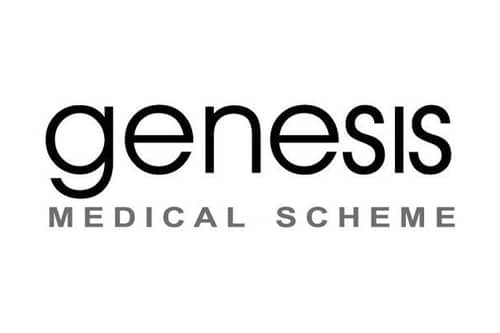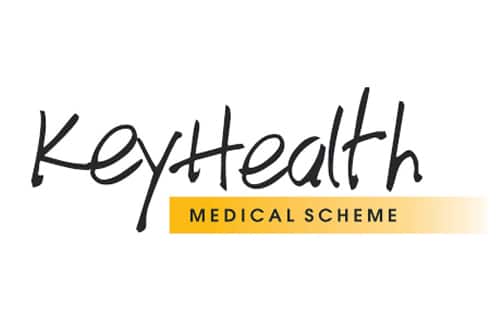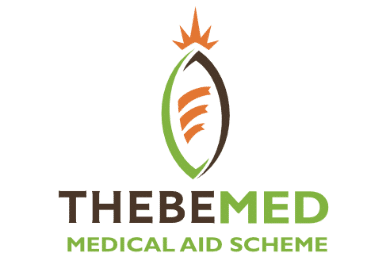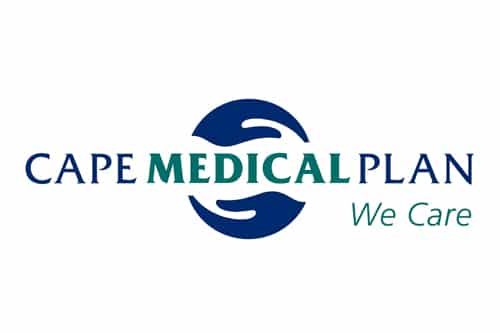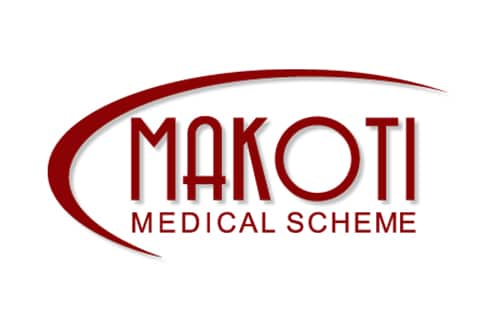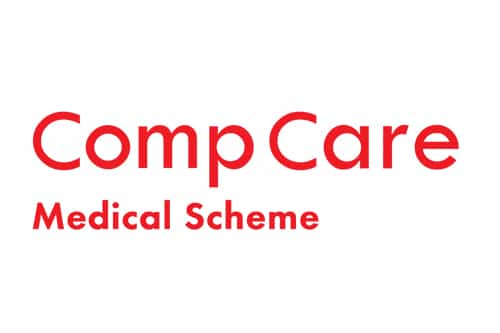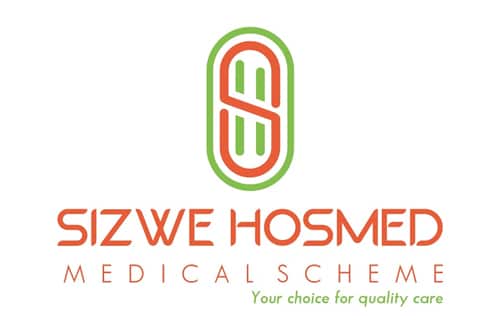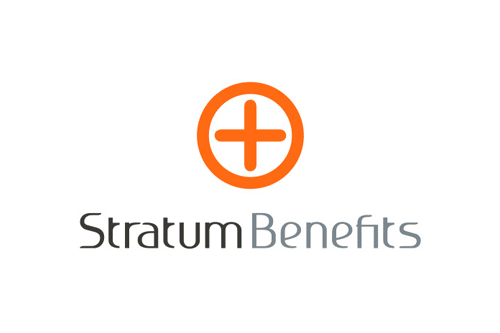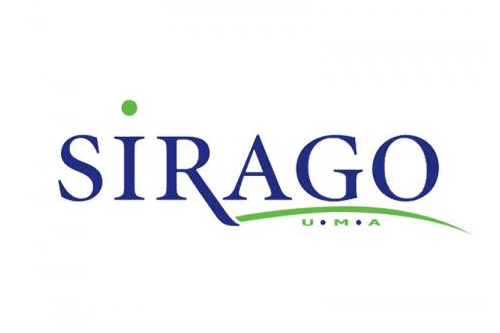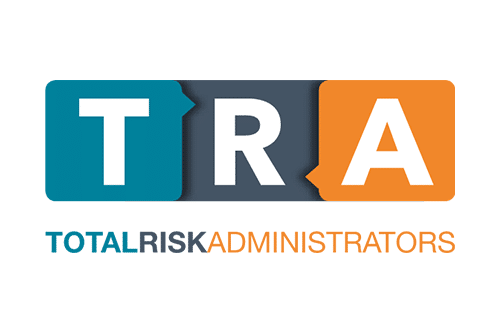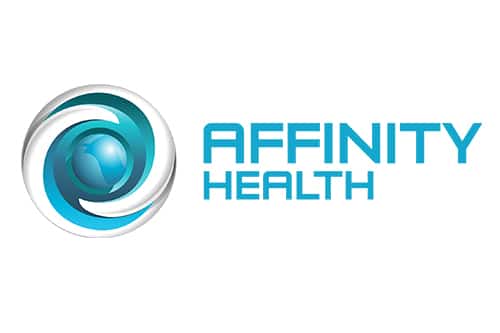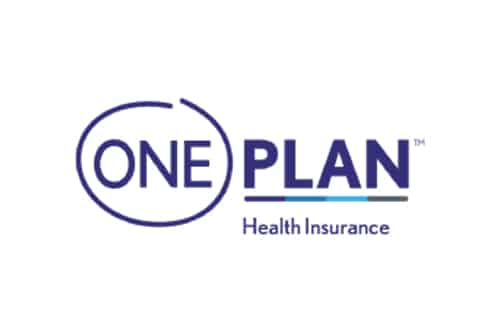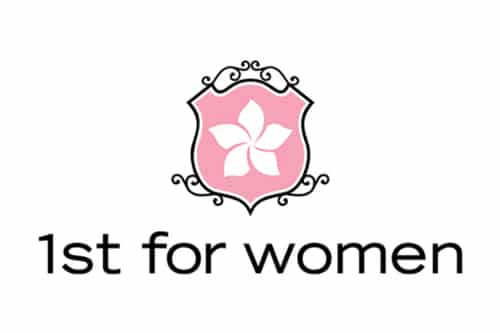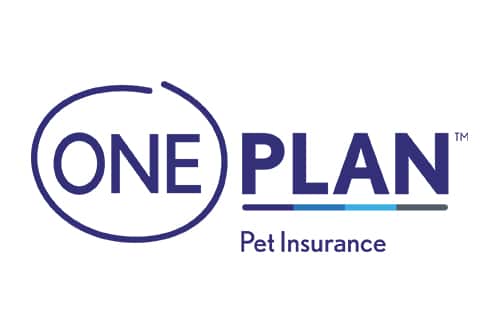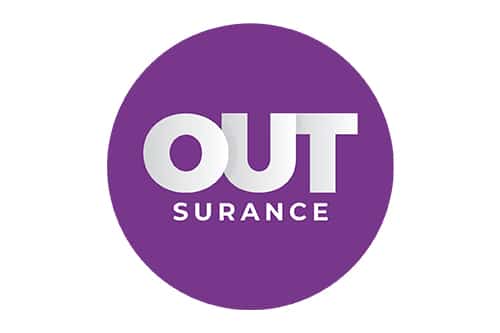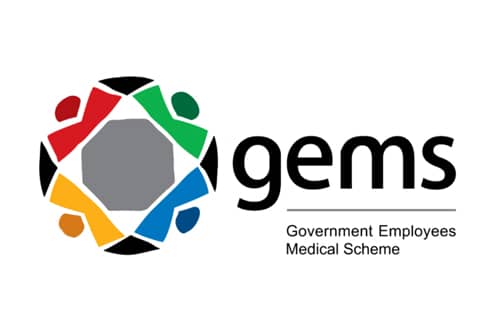What are Maternity Benefits?
What are maternity benefits in South Africa revealed.
We verified what maternity benefits are in medical aids and hospital plans.
This is a complete guide what maternity benefits is in South Africa.
In this in-depth guide you’ll learn:
- What is the meaning of maternity benefits?
- What is the maternity extender benefits Discovery?
- What happens when your maternity benefits are depleted?
- What can you use maternity benefits for?
- Does maternity benefits apply only to pre-existing pregnancies?
So if you’re ready to go “all in” with maternity benefits in South Africa, this guide is for you.
Let’s dive right in…
What are Maternity Benefits?
Overview

👉 Pregnancy is a pre-existing condition that is excluded for 12 months after enrolling in a medical plan. All fees associated with scans, OBGYN visits, and deliveries are not covered. It’s a difficult talk, but one that medical plans around the country have virtually every day.
👉 You are insured if you were a member of a medical aid for 12 months before to becoming pregnant. Unfortunately, many new mothers who did not join a medical aid scheme soon enough either did not anticipate to become pregnant so soon or were unaware of the exclusion.
👉 In this article, we take a closer look at maternity and learn more about when you should join a medical aid in order to receive these benefits, as well as prenatal and post-natal benefits and care.
Understanding maternity benefits

👉 Most expectant mothers will agree on the significance of discussing “big parenting issues” with their partners, such as birth control, day-care, working vs. staying at home, and financial planning, to mention a few.
👉 Other aspects to consider include quitting smoking, quitting excessive drinking, monitoring your caffeine intake, and aiming for a healthy lifestyle.
👉 Motherhood and pregnancy are two common experiences that each woman has in her own way. One issue that is often ignored, particularly by first-time mothers, is the importance of being a member of a medical aid plan at the time of pregnancy.
👉 Currently, the average cost of a typical delivery at a South African private hospital is around R40 000. If you are unable to give birth normally or choose a caesarean section, you could face a hospital charge of around R60 000.
👉 If there are issues with the pregnancy or birth, the costs may skyrocket. In South Africa, roughly 15% (or one in seven) of babies are born prematurely; therefore, if your premature baby requires hospitalisation for respiratory distress, he or she may need to stay for a few days, weeks, or even months.
👉 The length of her/his hospitalisation will be determined by her/his gestational age (measured in weeks), level of development, and any health issues. In this regard, your total hospital charge can range from a few tens of thousands to a few million Rand.
You might like to read more about specialized medical aid for women
A closer look at maternity from pre-natal to post-natal

👉 Expectant mothers receive prenatal (before birth) and postpartum (after birth) care during their pregnancy.
👉 It entails treatments and trainings to guarantee a healthy pregnancy, labour, and delivery for mum and baby.
Prenatal care
👉 Prenatal care reduces pregnancy risks and raises the likelihood of a safe and healthy delivery. Prenatal visits can assist your doctor in monitoring your pregnancy and identifying any issues or difficulties before they become serious.
👉 Babies delivered to mothers who did not receive prenatal care have a threefold increased risk of having a low birth weight. Low birth weight babies are five times more likely to die than babies whose moms received prenatal care.
👉 When you become pregnant, you will need to arrange regular medical appointments throughout your pregnancy.
👉 A visit schedule may include seeing your doctor:
➡️ every month in the first six months you are pregnant
➡️ every two weeks in the seventh and eighth months you are pregnant
➡️ every week during your ninth month of pregnancy
👉 During these visits, your doctor will check your health and the health of your baby.
👉 Visits may include:
➡️ having routine tests and screenings performed, such as a blood test to check for anaemia, HIV, and blood type
➡️ keeping track of your blood pressure and weight gain
➡️ monitoring the baby’s growth and heart rate
➡️ discussing particular diet and exercise regimens
👉 If your pregnancy is deemed high risk due to your age or medical issues, you may need more frequent check-ups and particular care. You may also need to consult with a specialist who specialises in high-risk pregnancies.
Postpartum care
👉 While the majority of attention in pregnancy care is focused on the nine months of pregnancy, postpartum care is also vital. Beginning immediately after the baby is born, the postpartum phase lasts six to eight weeks.
👉 During this time, the mother undergoes significant physical and emotional changes as she learns to care for her infant. Postpartum care entails adequate rest, nutrition, and vaginal care.
👉 Schedule a six-week visit with your doctor to discuss concerns and obtain proper treatment.
👉 It is critical to maintain as much health as possible during pregnancy and the postpartum period. Keep all of your healthcare appointments and follow your doctor’s directions for your and your baby’s health and safety.
READ more about the best medical aid for babies
The purpose of maternity care
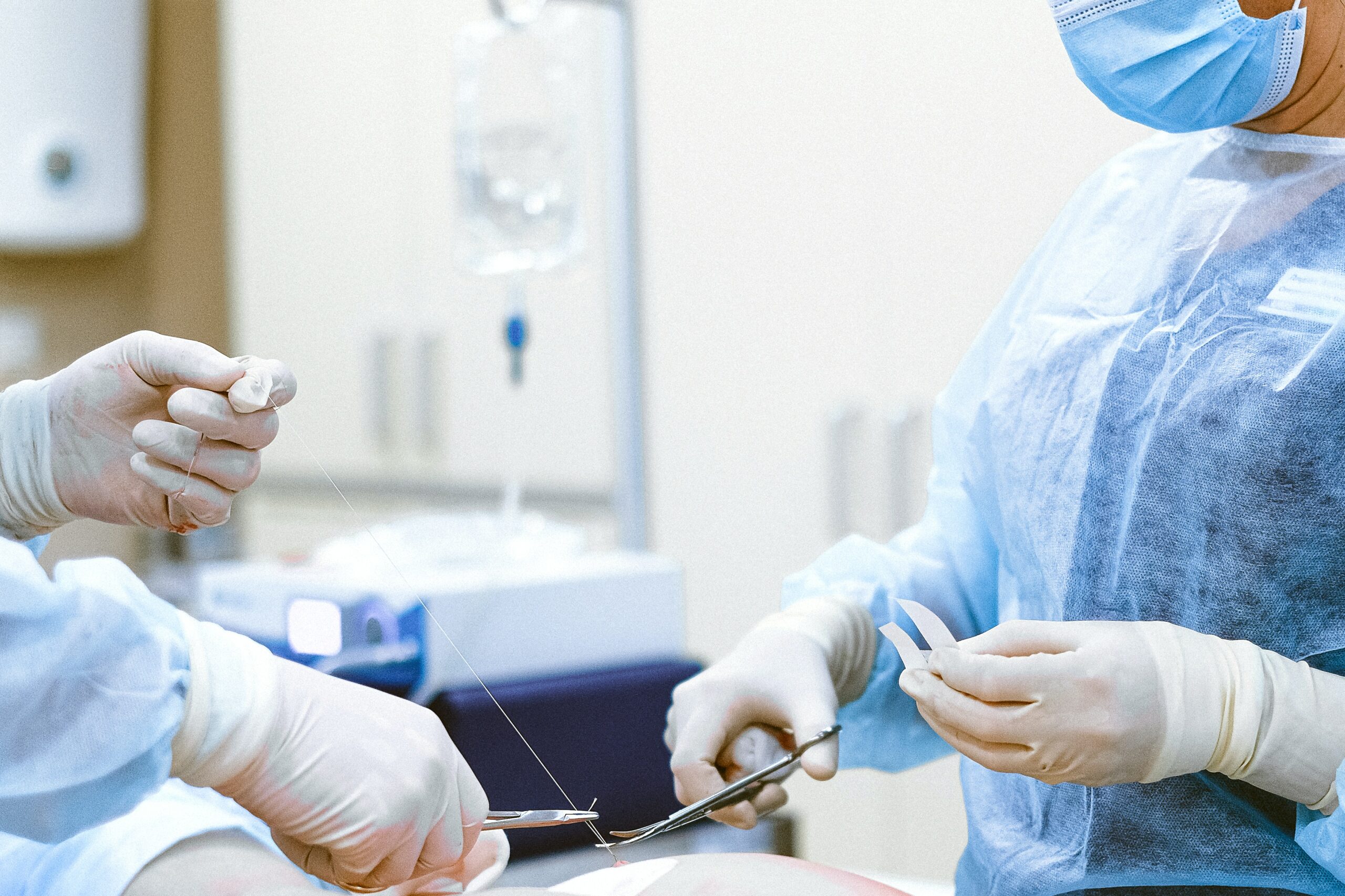
👉 Prenatal care is the routine, preventative medical treatment that women get during their pregnancy. The major goal of prenatal care is to support the overall health of the mother and baby while also identifying, preventing, and/or managing any issues or problems that may emerge. Prenatal care is delivered through regular visits to the mother’s OB-GYN.
👉 Doctors assess the mother and perform different screening and foetal monitoring tests during these appointments to track the mother’s health and pregnancy progression. Schedule a six-week visit with your doctor to discuss concerns and obtain proper treatment.
👉 It is critical to maintain as much health as possible during pregnancy and the postpartum period. Keep all of your healthcare appointments and follow your doctor’s directions for your and your baby’s health and safety.
👉 A woman’s pregnancy result is greatly influenced by her prenatal treatment. Prenatal care should begin as soon as possible.
👉 The World Health Organisation estimates that over 99% of women who die in childbirth and 90% of stillbirths occur in “low-resource” nations where women receive little or no prenatal medical treatment. Prenatal care is one of the most essential mother and child health/public health interventions available today, according to numerous other research.
👉 Quality prenatal care is associated with a significant reduction in the risk of maternal morbidity and mortality.
👉 Prenatal care is also highly associated with higher birth weights and increased use of paediatric care, and it is seen as a critical strategy for engaging women in the maternity and child health (MCH) delivery system in the long run.
Understanding maternity benefits
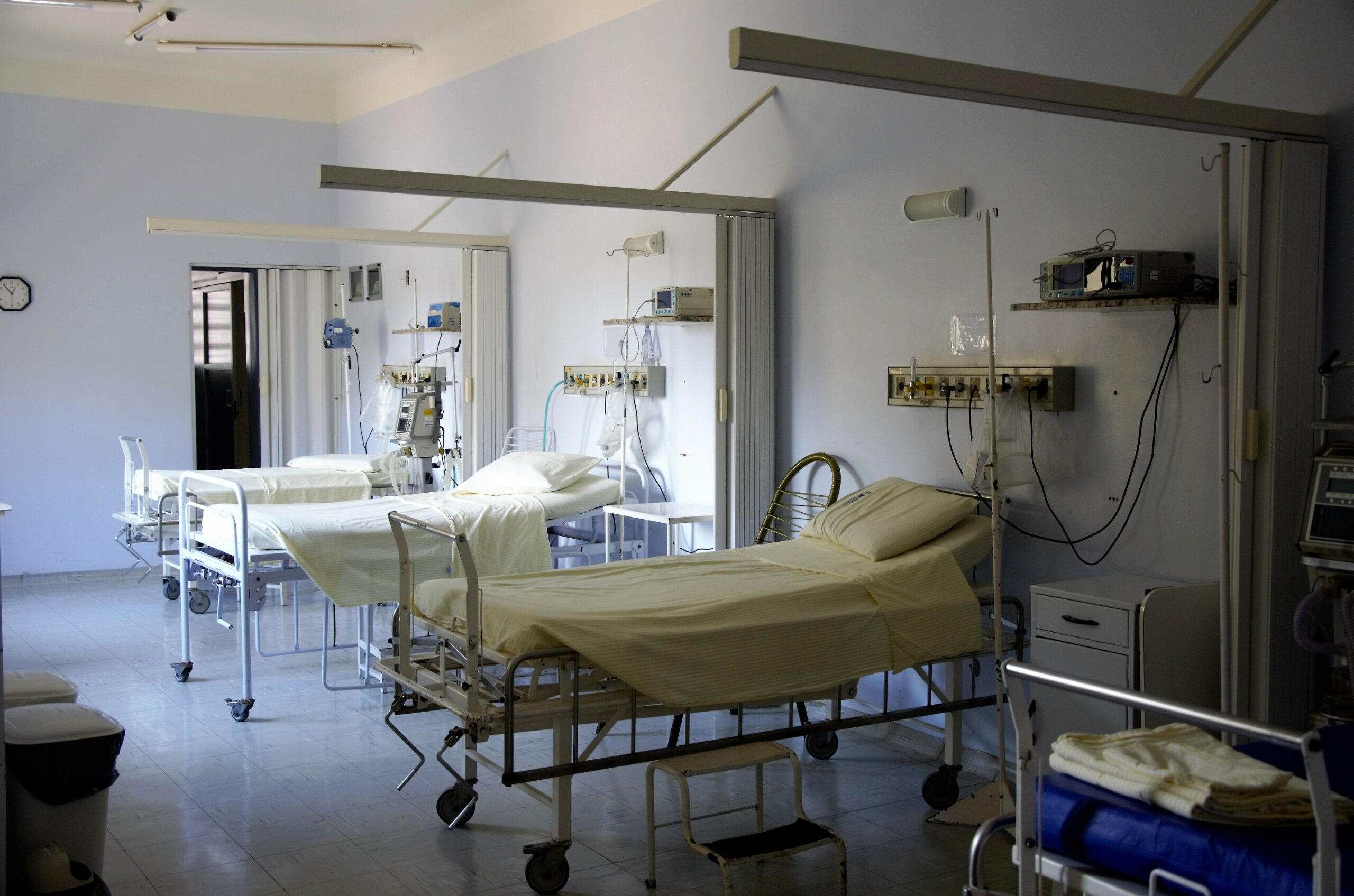
👉 You are insured if you were a member of a medical aid for 12 months before to becoming pregnant. Unfortunately, many new mothers who did not join a medical aid programme soon enough either did not anticipate to become pregnant so soon or were unaware of the exclusion.
👉 According to the Medical Schemes Act, medical assistance schemes may impose a three-month general waiting time and/or a 12-month condition-specific waiting period for any pre-existing medical condition, such as pregnancy.
👉 The Act contains explicit provision for the imposition of waiting periods in order to protect present medical programme membership pools from “selective abuse.”
👉 Selective abuse is defined as wishing to join a programme only after discovering that you require medical assistance for a certain reason, such as disease or, in this case, pregnancy.
👉 This is significant because all medical systems are funded by cross-subsidization. The objective is that younger and healthier members make their monthly contributions for an extended period of time without needing to file any large claims.
👉 During this time, they effectively subsidise the higher claims of older or sicker members, as well as the costly and unexpected expenses of both young and old members. These include unanticipated procedures as well as pregnancy.
👉 Over time, the younger and healthier members will age or require medical help, and they will profit from the members who pay to but do not now claim from the risk pool.
👉 When substantial claims are filed shortly after joining a plan, this is referred to as “selective abuse” of medical scheme money. This means that monies are drawn from the risk pool by members who did not contribute to it first.
👉 If this happens unchecked, it will result in higher contributions for all members because cross-subsidisation will no longer be possible. For this reason, the Act specifically requires waiting periods. Pregnancy and childbirth are on this list because they are costly, and if difficulties emerge, medical expenditures can escalate.
👉 That is the unfortunate news. Now for the exciting news. Even if you join medical aid after becoming pregnant, your child will be protected from the moment they take their first breath.
Maternity cover provided by medical aid schemes

👉 Depending on your selected scheme, gynae, GP, or midwife consultations may be covered by your Medical Aid (at medical aid rates, of course), and benefits for ultrasounds, blood tests, and pregnancy testing may also be available.
👉 Check to see what your medical insurance does and does not cover. Expectant mothers should select a medical plan that provides comprehensive or hospital plan coverage to adequately cover their medical demands during a pregnancy (complicated or not).
Comprehensive cover
👉 Comprehensive coverage would pay Medical Aid rates for your necessary prenatal visits and in-hospital deliveries. It would also cover your antenatal visits (at Medical Aid rates).
👉 The majority of your out-of-hospital expenses will be paid from available funds on a comprehensive plan with a savings account. If your hospital specialist costs you more than the Medical Aid rates, Gap Cover would be an excellent addition.
👉 Some Medical Aids may cover the fees of a registered midwife if a mother wishes to have a home birth.
Hospital plan
👉 A Hospital Plan will cover the hospital-related expenditures of an in-hospital birth (theatre fees, X-rays, blood tests, and so on). Because maternity cover is a one-time expense, some Medical Aid plans include limited out-of-hospital maternity benefits.
Cover for pregnancy complications
👉 A normal pregnancy will require between 10 and 12 appointments to do various examinations and screenings. Any difficulties during a pregnancy, on the other hand, can increase the number of OB visits and routine testing required to keep you and your baby safe and healthy.
👉 Complications or the need for extra precautions might be caused by a variety of circumstances, and numerous further treatments may be required.
👉 For example, if you are overweight or underweight throughout your pregnancy, or if you have a pre-existing health problem like diabetes or hypothyroidism (an underactive thyroid), you may need to consult a nutritionist to ensure you are eating the proper foods.
👉 Also, keep in mind that a hospital plan is just that: a hospital plan. Your hospital plan will most likely not cover you if you give birth at a place that is not legally a hospital.
An example of maternity cover: Discovery Health

👉 You have access to comprehensive pregnancy and post-birth benefits through the Discovery Health Rate’s pregnancy Benefit. This coverage has no effect on your daily benefits and is determined by the plan you select.
Prenatal benefits
➡️ Up to 12 consultations at your gynaecologist, GP or midwife.
➡️ Up to two 2D ultrasound scans and one nuchal translucency or Non-Invasive Prenatal Testing (NIPT) screening (subject to clinical entry criteria).
➡️ A defined basket of blood tests per pregnancy.
➡️ Up to five pre- or postnatal classes or consultations, up until two years after birth, with registered a nurse.
Postnatal benefits (for up to two years after birth)
➡️ One lactation consultation with a registered nurse or lactation specialist.
➡️ Your baby under the age of two years is covered for two visits to your chosen GP, paediatrician or ENT.
➡️ You also have access to postnatal care, which includes a postnatal consultation, a nutritional assessment with a dietitian and two mental healthcare consultations with a counsellor or psychologist.
➡️ Cover of up to R5 650 for essential registered devices, for example breast pumps and smart thermometers. You are responsible for a 25% co-payment.
➡️ 5 Best Hospital Plans for Pregnancy Coverage in South Africa revealed
Frequently Asked Questions
Does medical aid cover maternity?
Yes, medical aid cover maternity. Benefits include visits to the GP or paediatrician, post-birth consultations with a midwife or gynaecologist, and nutrition, mental health, and lactose counselling.
How long is the waiting period for pregnancy in medical aid?
The Medical Schemes Act (“Act”) makes provision for medical aid schemes to impose a three (3) months general waiting period and/or a twelve (12) months condition-specific waiting period(s) for any pre-existing medical condition(s), such as pregnancy.
Can a pregnant woman get a medical aid in South Africa?
Yes, pregnant women are covered by South African medical aid. They cover anyone of any age, regardless of health situation. They will not, however, cover any pre-existing conditions at the time of enrollment.
Can I give birth at private hospital without medical aid?
Your medical aid plan may or may not cover semi-private and private maternity wards. If not, you will have to pay a small fee in cash to obtain a bed in these wards. If you do not have medical insurance, you will be required to pay a significant deposit or perhaps the entire delivery package charge up advance.
What does the 12-month waiting period mean for pregnancy?
Most private medical aid schemes have a 12-month waiting period. During this time, you can’t claim any pregnancy-related health expenses.
Does medical aid cover C-Sections?
Most medical aid plans do not fully cover C-Sections.
How much does it cost to give birth at a private hospital?
The average cost of a normal birth in a private hospital, including two to three days in hospital, is roughly R25,000, according to figures from medical aid schemes. If your child is born via Caesarean section, the cost rises to between R38,000 and R44,000.
How much help will I need after a C-Section?
You will require pain medication for at least 7-10 days following your c-section. Your midwife or doctor will advise you on the best pain relievers to use. Small amounts of any medication you take may transfer into your breastmilk, but if taken as directed, they are unlikely to damage your baby.
How long do you stay in hospital after giving birth in South Africa?
A doctor will assist you with procedures or operations if you have any issues. Most moms stay in public hospitals for 1-2 days following a vaginal birth and 3-5 days following a caesarean birth.

